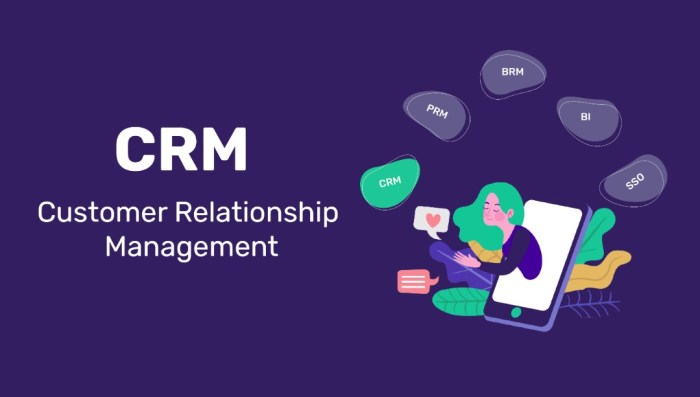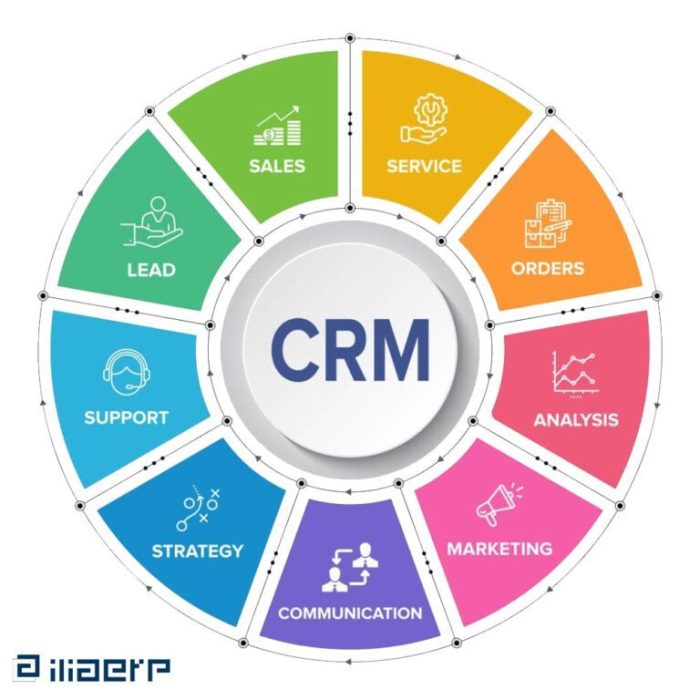In today’s competitive landscape, providing exceptional customer service is no longer a luxury—it’s a necessity. Customer Relationship Management (CRM) software, specifically those focused on customer service, plays a pivotal role in achieving this. These powerful tools streamline communication, improve response times, and ultimately enhance customer satisfaction and loyalty. This comprehensive guide delves into the intricacies of CRM customer service software, exploring its features, benefits, and how it can transform your business operations.
Understanding CRM Customer Service Software: More Than Just a Help Desk
While often conflated with help desk software, CRM customer service software offers a far broader scope. It encompasses a holistic approach to managing customer interactions across multiple channels, providing a unified view of each customer’s journey. This integrated approach allows businesses to personalize interactions, anticipate needs, and proactively address potential issues.

Source: tipsmake.com
Key Features of Effective CRM Customer Service Software:
- Ticketing System: Efficiently manage and track customer inquiries, ensuring no request falls through the cracks. Features often include priority levels, automated routing, and customizable workflows.
- Knowledge Base Integration: Empower agents and self-service options by seamlessly integrating a knowledge base of frequently asked questions (FAQs) and troubleshooting guides. This reduces resolution times and agent workload.
- Multi-Channel Support: Manage interactions across various channels like email, phone, live chat, social media, and messaging apps, providing a consistent experience regardless of the customer’s preferred method of contact.
- Customer Interaction History: Access a complete history of past interactions with each customer, allowing agents to provide personalized and informed support. This includes purchase history, previous issues, and communication details.
- Reporting and Analytics: Gain valuable insights into customer service performance through comprehensive reporting and analytics dashboards. Track key metrics like resolution time, customer satisfaction (CSAT), and agent performance.
- Automation and Workflow: Automate repetitive tasks such as email responses, ticket routing, and follow-ups, freeing up agents to focus on complex issues and personalized interactions. This improves efficiency and consistency.
- Integration with other Business Systems: Seamlessly integrate with other business systems such as e-commerce platforms, marketing automation tools, and accounting software for a complete view of the customer journey.
- Self-Service Portal: Empower customers to find answers and resolve issues independently through a dedicated self-service portal, reducing the burden on support teams.
Benefits of Implementing CRM Customer Service Software
The advantages of leveraging CRM customer service software extend far beyond improved efficiency. They contribute significantly to overall business growth and success.
Improved Customer Satisfaction and Loyalty:
By providing quick, efficient, and personalized support, CRM systems foster stronger customer relationships. Addressing issues promptly and proactively demonstrates a commitment to customer satisfaction, leading to increased loyalty and repeat business.
Increased Operational Efficiency:
Automation, streamlined workflows, and centralized communication significantly improve operational efficiency. Agents can focus on high-value tasks, reducing resolution times and improving overall productivity.
Enhanced Agent Productivity:
CRM systems empower agents with the tools and information they need to resolve issues effectively. Access to customer history, knowledge bases, and automation features improves agent performance and job satisfaction.
Data-Driven Decision Making:
Comprehensive reporting and analytics provide valuable insights into customer behavior, service performance, and areas for improvement. This data-driven approach allows for informed decision-making and continuous optimization of customer service strategies.
Scalability and Growth:, Crm customer service software
As your business grows, CRM customer service software scales seamlessly to accommodate increasing volumes of customer interactions. This ensures consistent service quality even during periods of rapid expansion.
Choosing the Right CRM Customer Service Software: Key Considerations
Selecting the appropriate CRM system requires careful consideration of your specific business needs and requirements. Several factors should guide your decision-making process.
Budget:
CRM solutions range in price from affordable cloud-based options to enterprise-level systems with substantial upfront investment. Align your choice with your budget and long-term financial goals.
Scalability:
Ensure the chosen system can accommodate your current and future needs. Consider your projected growth and the system’s ability to scale effectively without significant disruption.
Integration Capabilities:
Assess the system’s ability to integrate with other crucial business systems, such as your e-commerce platform, marketing automation tools, and accounting software. Seamless integration is essential for a unified view of your customers.
User-Friendliness:
Opt for a system with an intuitive interface that is easy for your agents and other users to navigate and master. A user-friendly system improves adoption rates and overall efficiency.
Customer Support:
Consider the level of customer support provided by the vendor. Reliable and responsive support is crucial for resolving technical issues and ensuring a smooth implementation process.
Frequently Asked Questions (FAQ)
- Q: What is the difference between CRM and help desk software? A: While both manage customer interactions, CRM offers a broader scope, encompassing a holistic view of the customer journey across multiple channels, while help desk software primarily focuses on ticketing and issue resolution.
- Q: How much does CRM customer service software cost? A: Pricing varies widely depending on features, scalability, and vendor. Options range from affordable cloud-based solutions to expensive enterprise-level systems.
- Q: How long does it take to implement CRM customer service software? A: Implementation time depends on the complexity of the system and your business needs. It can range from a few weeks to several months.
- Q: What are the key metrics to track with CRM customer service software? A: Key metrics include resolution time, customer satisfaction (CSAT), first contact resolution (FCR), agent handling time, and ticket volume.
- Q: Can CRM customer service software integrate with my existing systems? A: Most modern CRM systems offer robust integration capabilities with various business systems, but compatibility should be verified before purchasing.
Conclusion: Elevating Customer Service Through CRM: Crm Customer Service Software
Implementing a robust CRM customer service software solution is a strategic investment that delivers significant returns. By streamlining operations, enhancing customer interactions, and providing valuable data-driven insights, CRM empowers businesses to achieve exceptional customer service and drive sustainable growth. Choosing the right system requires careful consideration of your specific needs and a thorough evaluation of available options. Don’t hesitate to explore different platforms and compare their features to find the perfect fit for your business.
References
Call to Action: Transform Your Customer Service Today!
Ready to take your customer service to the next level? Contact us today for a free consultation and discover how the right CRM solution can transform your business.

Source: winsavvy.com
General Inquiries
What are the key features of good CRM customer service software?
Key features typically include ticket management, live chat integration, knowledge base access, automated email responses, reporting and analytics dashboards, and seamless integration with other business tools.
How much does CRM customer service software cost?
Pricing varies widely depending on the vendor, features included, and the number of users. Options range from affordable cloud-based solutions to more expensive enterprise-level systems with extensive customization.
How long does it take to implement CRM customer service software?

Source: ilia-erp.com
Implementation timelines depend on the complexity of the system and the size of the organization. Smaller businesses might see results in weeks, while larger enterprises could take months.
What is the best CRM customer service software for my business?
The “best” software depends on your specific needs and budget. Consider factors like your business size, industry, and the features most important to your team. Research different platforms and read reviews before making a decision.
